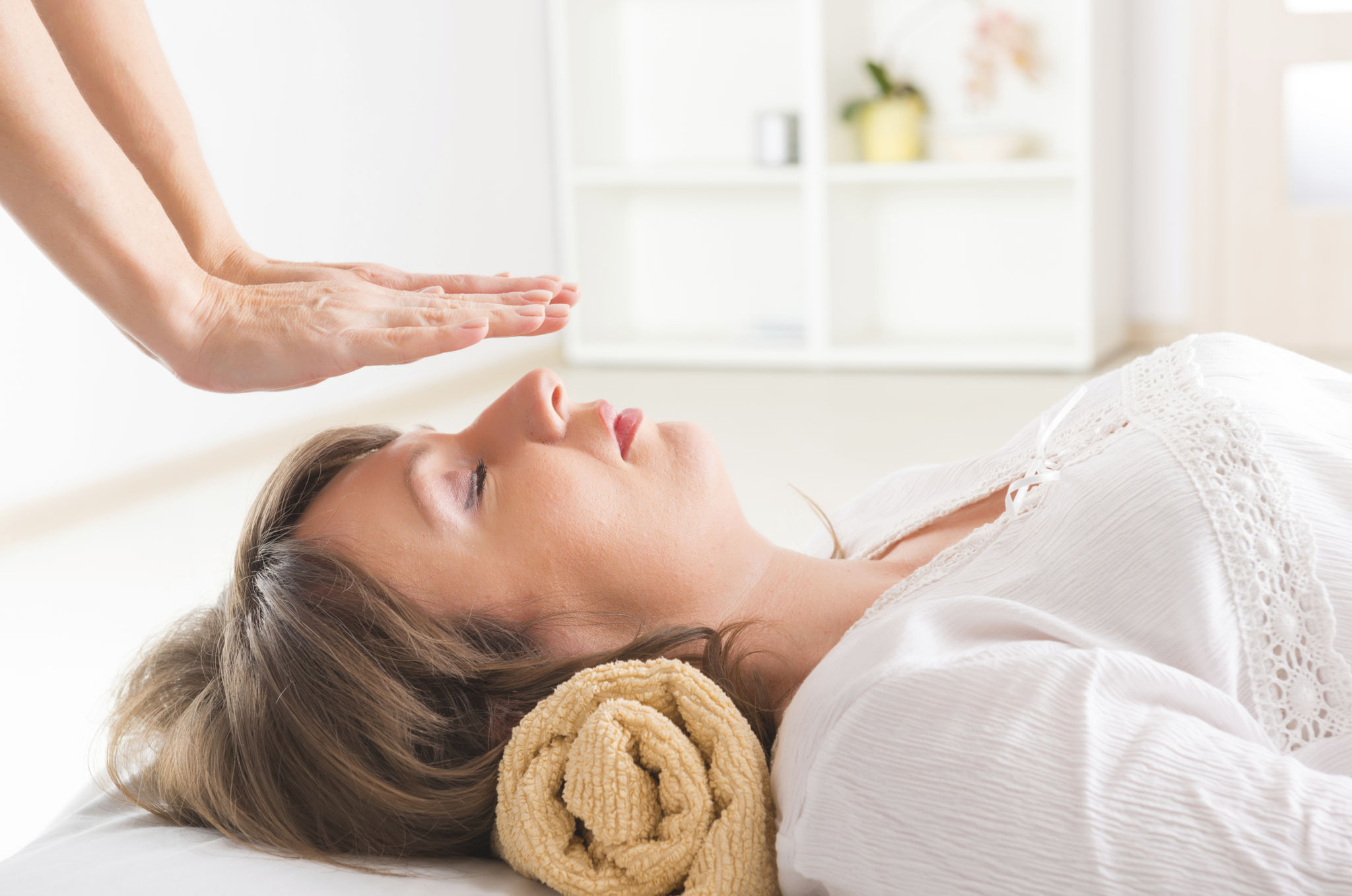Understanding Reiki: A Comprehensive Guide to Energy Healing
What is Reiki?
Reiki is a form of alternative therapy commonly referred to as energy healing. It emerged in Japan in the early 20th century and involves the transfer of energy through the palms of the practitioner to the recipient. This practice aims to enhance the body's natural healing abilities, promoting physical, emotional, and spiritual well-being.
The term Reiki is derived from two Japanese words: "Rei," which means "universal," and "Ki," which means "life force energy." This universal life force energy is believed to flow through all living things, and Reiki practitioners aim to channel this energy to help balance and heal the body.

How Does Reiki Work?
Reiki practitioners use a technique called palm healing or hands-on healing. During a session, the practitioner places their hands lightly on or just above the client's body in a series of positions. Each position is held for several minutes, allowing energy to flow from the practitioner's hands into the recipient's body.
It is believed that when this energy flow is disrupted or blocked, it can lead to physical or emotional imbalances. Reiki aims to restore harmony and balance by clearing these blockages, improving the flow of energy throughout the body.
The Benefits of Reiki
Many people seek Reiki for its potential benefits, which include:
- Reduction of stress and anxiety
- Improved relaxation and peace of mind
- Enhanced self-awareness and emotional clarity
- Pain relief and improved physical healing

The Science Behind Reiki
While Reiki is widely practiced, scientific evidence supporting its efficacy remains limited. Some studies suggest that Reiki may have a placebo effect, providing benefits through relaxation and stress reduction. However, many recipients report positive outcomes, emphasizing the importance of personal experience in evaluating alternative therapies.
Researchers continue to investigate how Reiki might enhance well-being, with ongoing studies exploring its impact on stress, anxiety, pain management, and overall quality of life.
What to Expect During a Reiki Session
During a typical Reiki session, you will lie fully clothed on a massage table while soft music plays. The practitioner will gently place their hands on or above various parts of your body. Sessions usually last between 45 minutes to an hour.
You may experience sensations such as warmth, tingling, or a sense of deep relaxation during the session. Some people even fall asleep, which is perfectly normal and indicates a state of profound relaxation.

Finding a Reiki Practitioner
If you're interested in trying Reiki, it's important to find a qualified practitioner. Look for someone with credentials from a reputable Reiki training program. Personal recommendations and online reviews can also be helpful in finding a practitioner who resonates with you.
Before your session, feel free to ask questions about the practitioner's experience, approach, and what you can expect during your session. A good practitioner will be happy to address your concerns and ensure you feel comfortable.
Conclusion: Embracing Energy Healing
Reiki offers an intriguing approach to healing that emphasizes the body's ability to heal itself when supported by balanced energy flow. Whether you're seeking relief from stress or exploring new ways to enhance your well-being, Reiki can be a valuable addition to your wellness journey.
As with any alternative therapy, it's important to approach Reiki with an open mind while also considering traditional medical advice. When practiced by a qualified practitioner, Reiki can provide a peaceful and enriching experience that supports your overall health and vitality.
